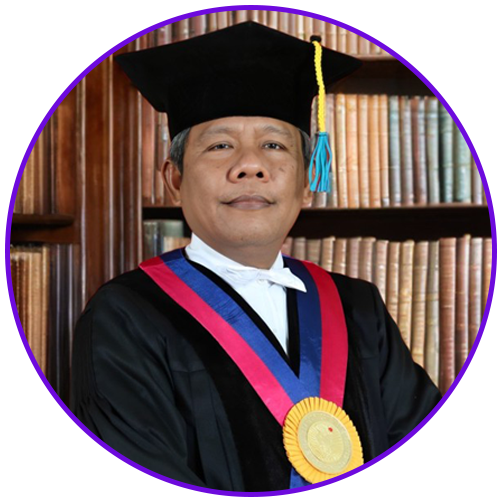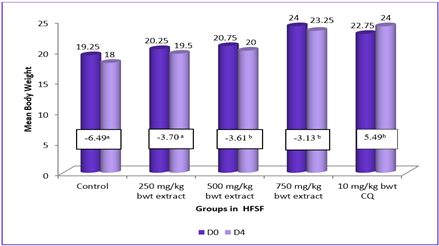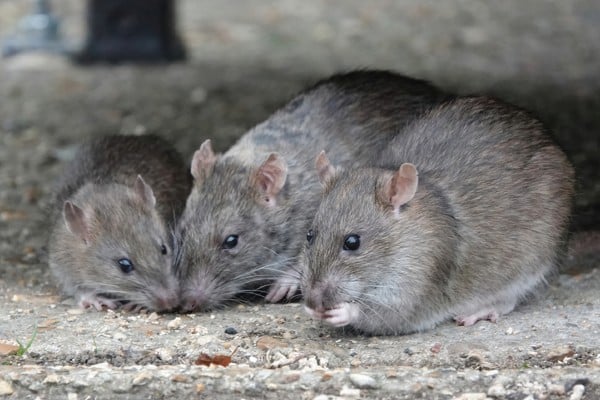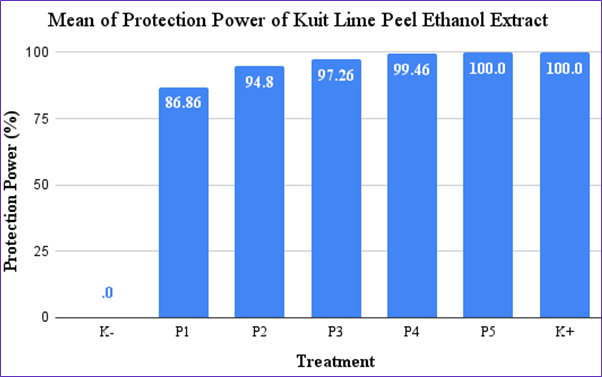Accredited in

Background
Authors could refer to International Standards for Editors and Authors (http://publicationethics.org/) by COPE (Committee on Publication Ethics) for policies that are not stated in these instructions.
Submission declaration and verification
Contributors
Each author is required to declare his or her individual contribution to the article: all authors must have materially participated in the research and/or article preparation, so roles for all authors should be described. The statement that all authors have approved the final article should be true and included in the disclosure.
Publication and Authorship
All persons listed as authors should qualify for authorship. Such authorship should be limited to persons who have contributed significantly to the conception, design, execution, data acquisition, data analysis or interpretation of the manuscript. All other persons who have participated in certain important aspects of the research but do not qualify as authors, then they should be acknowledged. Authorship is a responsibility of the corresponding author; he or she should ensure that all appropriate co-authors are included in the manuscript. The corresponding author, on behalf of all co-authors, should submit a form stating that all of them have seen and approved the final version of the manuscript and have agreed to submit it for publication.
Responsibilities of Authors
Authors are obliged to follow in the peer review process set by Journal of Parasite Science (JoPS). Authors are responsible to provide original and accurate data (no plagiarism, no fraudulent data). Concerning the manuscript submitted, and to provide the data when they are requested. The submitted manuscript should not be under consideration or accepted for publication elsewhere. Where parts of the data have been published elsewhere, the sources have to be acknowledged or cited accordingly. When reproducing data from other sources, proper citation and permission are required. Authors should ensure that studies involving animals are performed according to animal ethics and welfare. Any potential conflict of interest has to be declared. Authors are requested to be willing to publish corrections, clarifications, retractions, and apologies when needed.
Responsibilities of Reviewers
Reviewers are requested to assist in improving the quality of the manuscript through an objective review process within a scheduled period of time and to contribute to the decision-making process on the manuscript. If reviewers find any published or submitted content similar to that under review, the editor has to be informed. Reviewers should have no conflict of interest with respect to the research, the authors and/or the research funders. Any confidentiality of the information supplied by the editor or author should be maintained.
Responsibilities of Editors
Editors have complete responsibility and authority to accept or reject an article. They should have no conflict of interest with regard to articles they accept or reject. Editors should be objective and fair when conducting their duties without making any discrimination on gender, ethnic, religion, political view or geographical origin of the authors. Editors should also accept manuscripts on the basis of academic merit and without commercial influence. The anonymity of reviewers should be preserved by editors.
Publishing Ethics Issues
Authors, reviewers, and editors should maintain the integrity of the academic record during the whole process of publication. Business needs should be precluded from compromising intellectual and ethical standards.
Human Ethics Issues
Journal of Parasite Science is committed to the highest ethical standards in research involving human participants. All studies must adhere to the principles of the Declaration of Helsinki and have prior approval from an institutional ethics committee or review board, with the approval number and institution clearly stated in the manuscript. Authors must confirm that written informed consent was obtained from all participants, or from parents, guardians, or legal representatives in the case of vulnerable populations. Participant privacy and confidentiality must be protected, and no identifying personal data or images may be published unless essential and accompanied by explicit consent. Manuscripts must include an ethics statement confirming that approval was obtained and informed consent was secured, and the editorial board reserves the right to decline publication if ethical integrity is in doubt.
Animal Ethics Issues
Animal ethics and welfare guidelines must be followed when conducting research on experimental animals. It's important to treat experimental animals humanely and to try to minimize any suffering they may experience. Regulations on a local, national, and international level must be followed when using experimental animals. The trial is conducted in accordance with animal ethics and welfare, and the writers are required to include a statement that includes the consent number and the name of the ethical authority.
The guidelines established by the institutional or international animal ethics committees, as well as local laws and regulations, should be followed when conducting experiments. An unambiguous statement indicating the review and ethics committee approval for each study (please supply ethical approval numbers, if relevant) should be included in the Material and Methods section of all studies using animal subjects. In cases when there is uncertainty about the application of acceptable processes, editors retain the power to reject papers.
Artificial Intelligence (AI)
Journal of Parasite Science does not allow Large Language Models (LLMs), such as ChatGPT, to be listed as authors. Any use of LLMs must be clearly described in the Materials and Methods section or another appropriate part of the manuscript. The journal does not accept AI-generated images or videos for publication, due to unresolved issues of legality and research integrity, except when sourced from licensed agencies or cited in articles specifically discussing AI. In addition, peer reviewers are not permitted to rely on generative AI tools to review manuscripts, as these may provide inaccurate or biased outputs. If AI tools are used in any way to support manuscript evaluation, such use must be declared transparently in the reviewer’s report.




Author's Guideline Letter of Originality Human Ethics Animal Ethics Template of Article Copyright Transfer Agreement
| Semua | Sejak 2019 | |
|---|---|---|
| Kutipan | 306 | 290 |
| indeks-h | 8 | 7 |
| indeks-i10 | 4 | 4 |







Call for Paper to be Publish in Vol. 9 No. 2 September 2025 and Vol. 10 No. 1 March 2026 | No Fee required for Manuscript Submission and No fee required for Article Processing Calling Parasitology Experts: Become an Editorial Board Member or Reviewer for the Journal of Parasite Science! Call for Paper to be Publish in Vol. 9 No. 2 September 2025 and Vol. 10 No. 1 March 2026 | No Fee required for Manuscript Submission and No fee required for Article Processing Calling Parasitology Experts: Become an Editorial Board Member or Reviewer for the Journal of Parasite Science! Call for Paper to be Publish in Vol. 9 No. 2 September 2025 and Vol. 10 No. 1 March 2026 | No Fee required for Manuscript Submission and No fee required for Article Processing Calling Parasitology Experts: Become an Editorial Board Member or Reviewer for the Journal of Parasite Science! Call for Paper to be Publish in Vol. 9 No. 2 September 2025 and Vol. 10 No. 1 March 2026 | No Fee required for Manuscript Submission and No fee required for Article Processing Calling Parasitology Experts: Become an Editorial Board Member or Reviewer for the Journal of Parasite Science! Call for Paper to be Publish in Vol. 9 No. 2 September 2025 and Vol. 10 No. 1 March 2026 | No Fee required for Manuscript Submission and No fee required for Article Processing Calling Parasitology Experts: Become an Editorial Board Member or Reviewer for the Journal of Parasite Science! Call for Paper to be Publish in Vol. 9 No. 2 September 2025 and Vol. 10 No. 1 March 2026 | No Fee required for Manuscript Submission and No fee required for Article Processing
